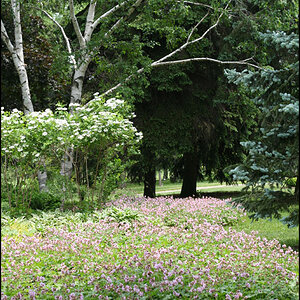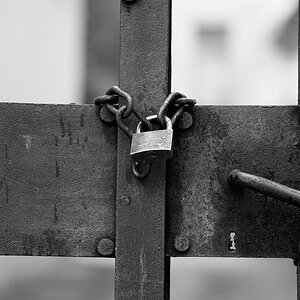jcdeboever
Been spending a lot of time on here!
- Joined
- Sep 5, 2015
- Messages
- 19,868
- Reaction score
- 16,081
- Location
- Michigan
- Can others edit my Photos
- Photos OK to edit
What are some scenarios that would warrant a decision to under expose or over expose in camera using digital or film? Hopefully this is not too generic of a question.
Sent from my XT1254 using Tapatalk
Sent from my XT1254 using Tapatalk


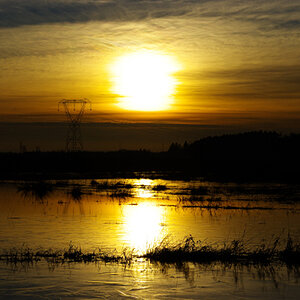
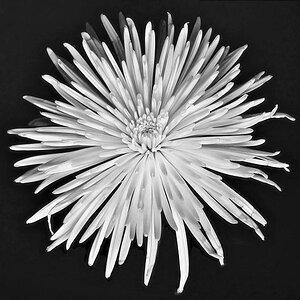
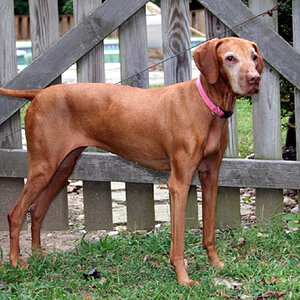
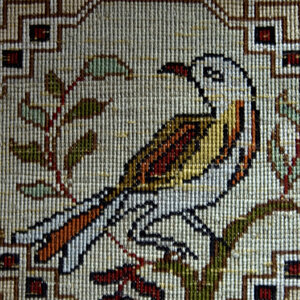
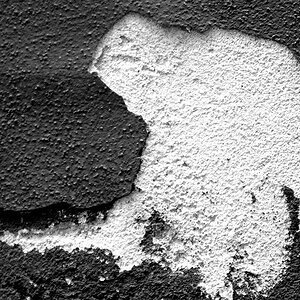
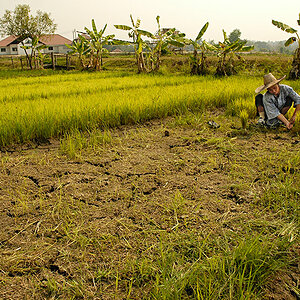
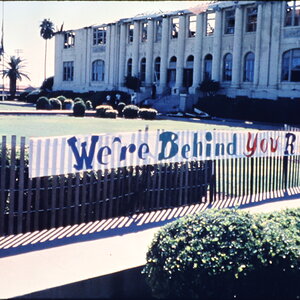

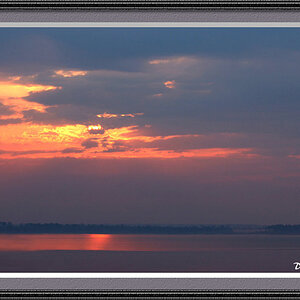
![[No title]](/data/xfmg/thumbnail/38/38266-292dc43125dad0d89dbd806503618171.jpg?1619738549)
